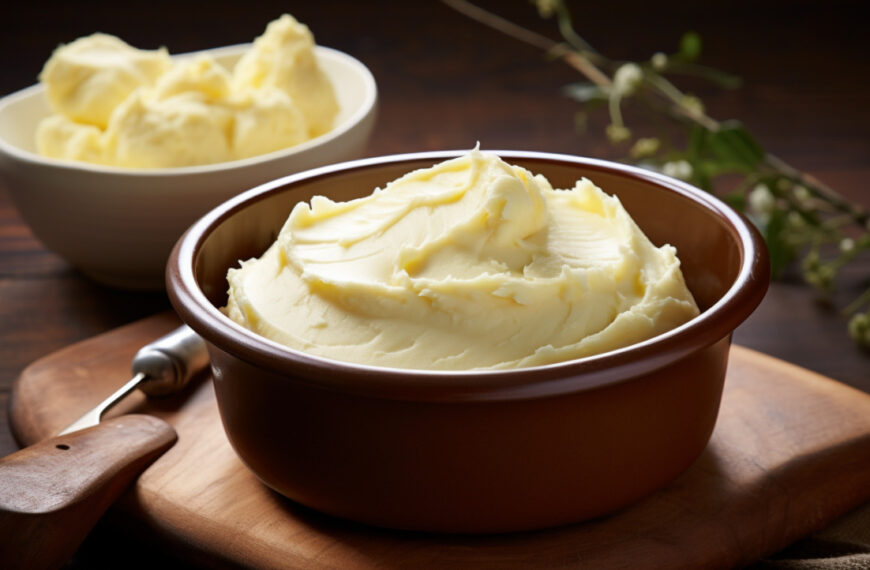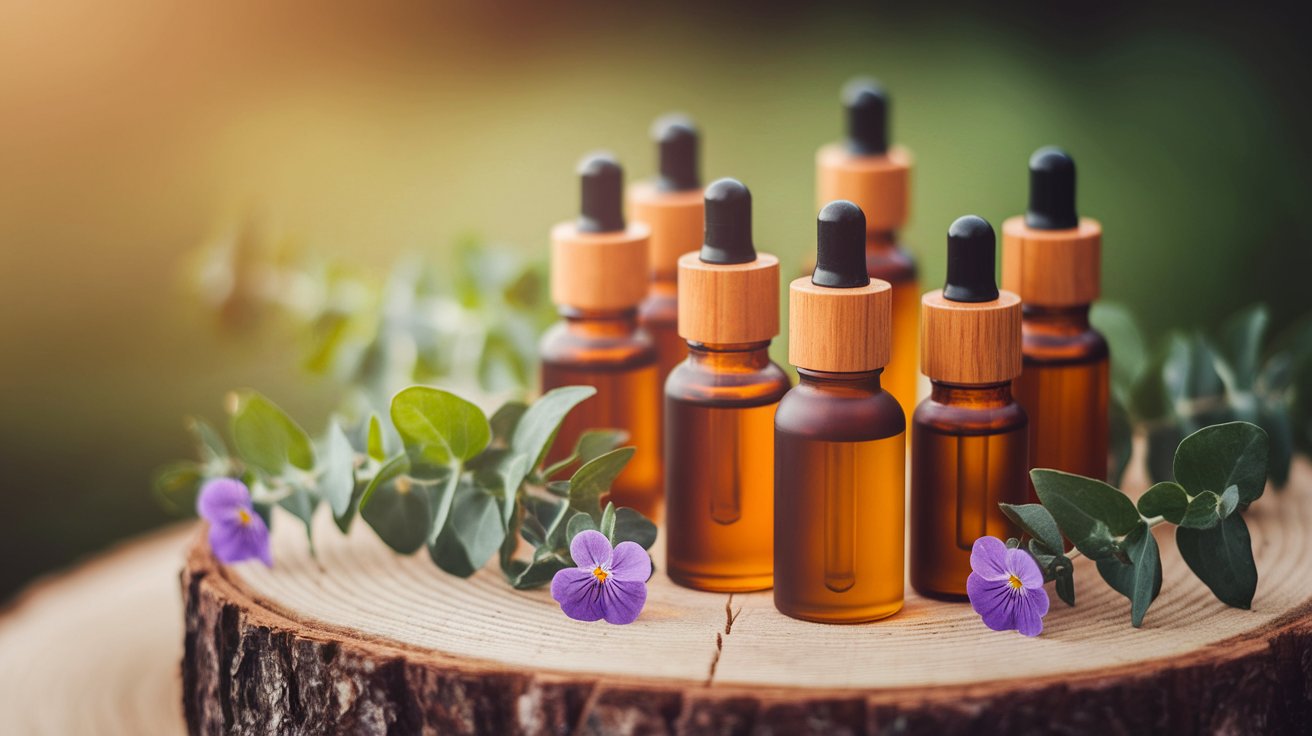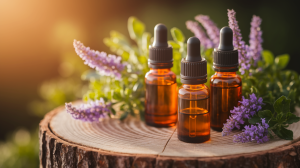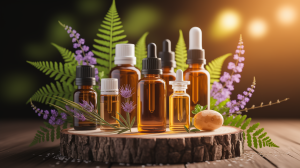Mixing clove oil with a carrier oil is essential to dilute clove oil effectively. This process mitigates the potency of clove oil, making it safer for skin care and aromatherapy applications. Commonly recommended carrier oils include Jojoba Oil, Coconut Oil, Olive Oil, Grapeseed Oil, Almond Oil, and Witch Hazel for acne-prone skin. The ideal dilution ratios vary depending on the intended use and skin sensitivity: a 1 to 2.5 percent dilution for normal skin and a 0.5 to 1 percent dilution for sensitive skin. For most topical applications, a standard guideline is to use 15 drops of clove oil per ounce of carrier oil.
Clove oil, known for its warm, spicy aroma and healing properties, has been used in traditional medicine for centuries. Its benefits range from pain relief to antimicrobial effects, making it a popular choice for natural remedies. Diluting clove oil ensures its safe use and enhances its therapeutic benefits by facilitating its absorption through the skin.
Understanding Clove Oil
Derived from the clove tree, clove oil contains the active compound eugenol, contributing to its potent antiseptic and analgesic properties. It’s widely used in dental care, skin care, and aromatherapy. However, due to its potency, undiluted clove oil can cause skin irritation or allergic reactions in some individuals, highlighting the importance of proper dilution.
Dilution Methods and Carrier Oils
Skin Care Applications
- Acne and Pimples: Mixing clove oil with witch hazel or aloe vera gel can create a soothing blend for inflamed skin.
- Anti-Aging: A combination of clove oil and jojoba oil can help reduce the appearance of wrinkles and fine lines.
- Dark Circles: A mixture of clove, grapeseed, and virgin coconut oil is effective for under-eye application.
- Skin Brightening: Combining clove oil with Vitamin E and Jojoba Oil can enhance skin radiance.
- General Skin Care: Almond oil mixed with clove oil is an excellent massage oil.
Aromatherapy Uses
- Diffusion: Adding clove oil to a diffuser can purify the air and create a warming atmosphere.
- Massage Oil: A 2.5% clove oil solution in carrier oils like Jojoba or Coconut Oil is ideal for a comforting massage.
Safety Precautions
When using clove oil, conducting a patch test is crucial to ensure no adverse reactions occur. It’s also important to avoid contact with sensitive areas such as the eyes and inner ears. Pregnant or nursing individuals, or those under medical care, should consult a physician before using clove oil.
Expanded Applications of Diluted Clove Oil
Beyond basic skin care and aromatherapy, diluted clove oil offers a wide range of applications:
Dental Care
Clove oil has traditionally been used for dental care, particularly toothaches and gum pain. Due to its antibacterial properties, a diluted mixture can be applied to the affected area using a cotton swab to alleviate pain and reduce infection risks.
Immune System Boost
Clove oil’s antiviral and antibacterial qualities make it a great natural option for boosting the immune system. Adding a few drops of diluted clove oil to a diffuser can help purify the air and potentially ward off airborne bacteria and viruses.
Stress Reduction
The soothing aroma of clove oil can have a calming effect on the mind, making it useful for stress and anxiety reduction. Used in aromatherapy, it can help create a peaceful environment conducive to relaxation and mental clarity.
Choosing the Right Carrier Oil
Selecting an appropriate carrier oil is crucial for effectively diluting clove oil. The choice depends on the intended use and personal preference. Here’s a brief overview of some common carrier oils:
- Jojoba Oil: Mimics the skin’s natural oils, making it an excellent choice for facial applications.
- Coconut Oil: Has moisturizing properties, ideal for dry skin conditions.
- Olive Oil: Rich in antioxidants, suitable for nourishing and repairing the skin.
- Grapeseed Oil: Lightweight and non-greasy, perfect for oily or acne-prone skin.
- Almond Oil: Rich in Vitamin E, great for general skin care and massage.
Advanced Safety Tips
While we’ve covered the basics of performing a patch test and consulting a physician if necessary, here are some additional safety tips:
Dilution Precision
Be precise with your dilution ratios to avoid skin irritation. Too much clove oil, even when diluted, can lead to adverse reactions in some individuals.
Shelf Life and Storage
The shelf life of diluted clove oil can vary depending on the carrier oil used. Always label your mixtures with the date of dilution and store them in dark, cool places to preserve their potency.
Use in Pregnancy and Children
Extra caution should be exercised when considering clove oil use in pregnancy and with children. The strong properties of clove oil mean it should be used sparingly and only under professional guidance in these sensitive situations.
Environmental Considerations
Be mindful of the environmental impact of using essential oils. Purchasing clove oil from sustainable sources and using it responsibly helps minimize ecological footprints.
Final Thoughts
Diluting clove oil with carrier oils ensures its safe use and maximizes its therapeutic benefits. For skincare or aromatherapy, understanding the proper dilution ratios and carrier oils is key to harnessing clove oil’s full potential. Always store your clove oil mixture in a cool, dry place to maintain its efficacy over time.













